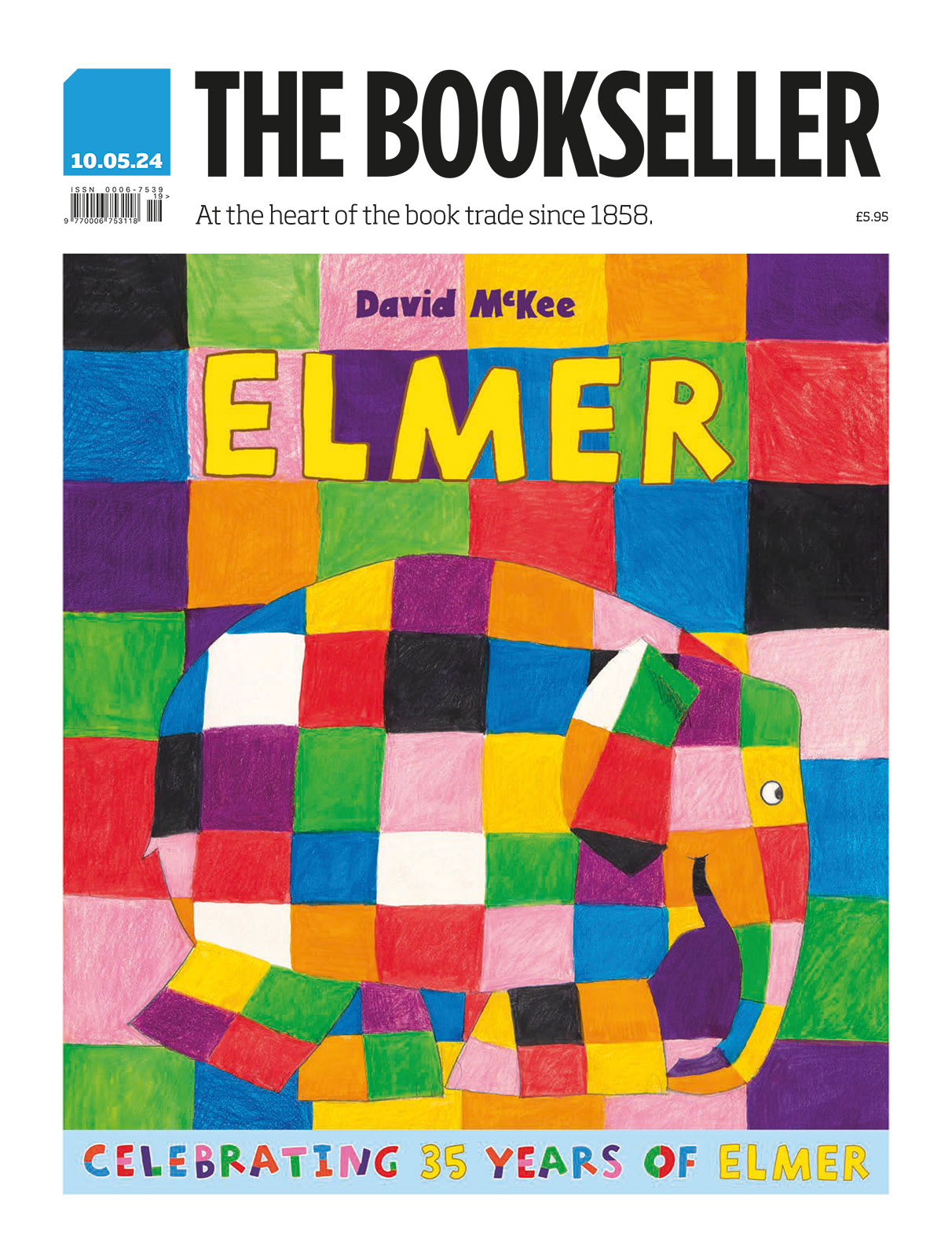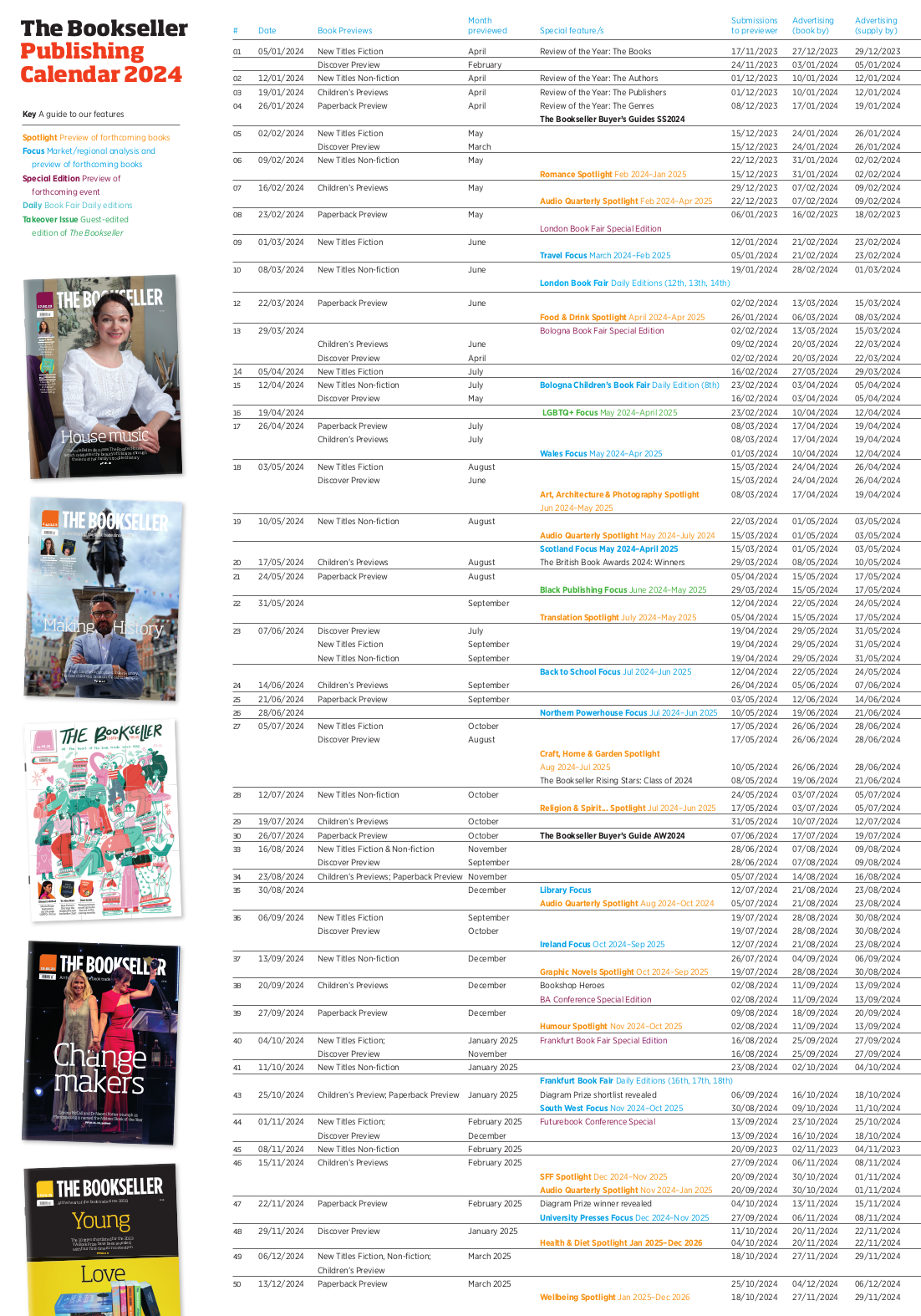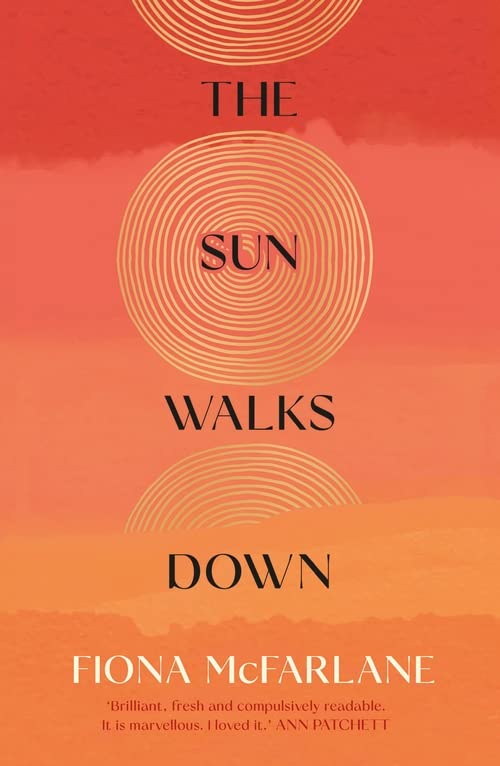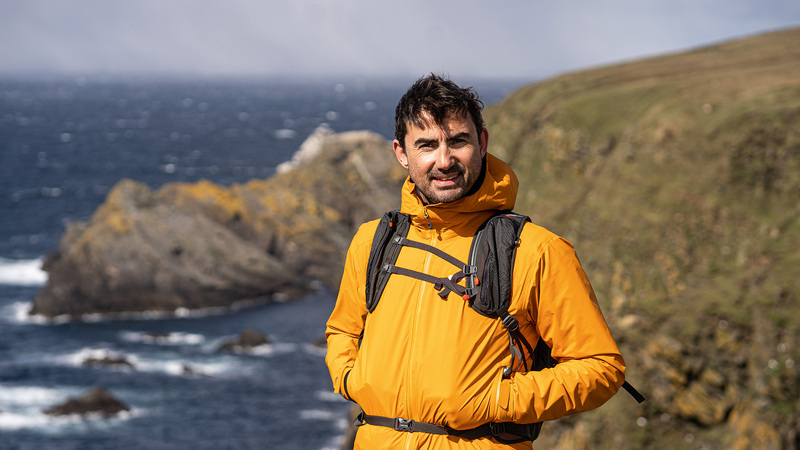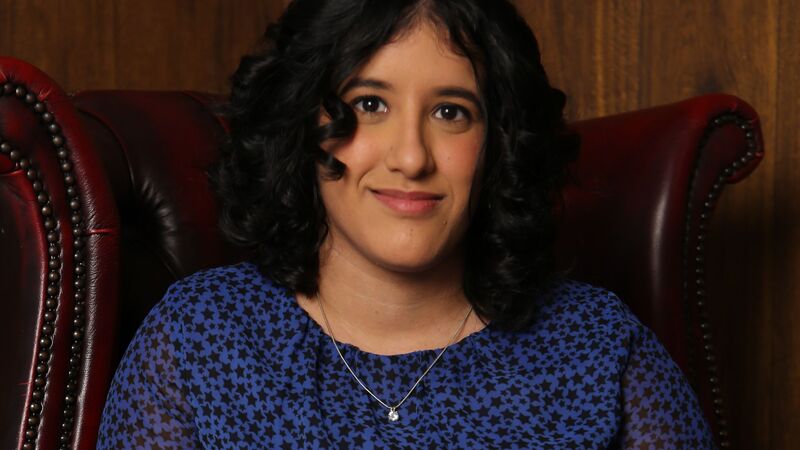You are viewing your 1 free article this month. Login to read more articles.
Fiona McFarlane in conversation about her second novel and the many facets of the Australian landscape
Fiona McFarlane’s second novel illuminates differing perceptions of a single, unique landscape.
Back in 2014, Fiona McFarlane was visiting Adelaide for the popular writers’ festival with her highly praised début novel The Night Guest—shortlisted for the Guardian First Book Award in the UK and the prestigious Miles Franklin Award in her native Australia—when she took a road trip north of the city to see the South Australian outback for the first time.
From a distance the Flinders Ranges, the largest mountain range in South Australia, are spectacularly beautiful. It’s one of the only places in the world where you can see 350 million years of geological history with the naked eye, the author tells me when we speak over the phone. But as McFarlane drew closer, she realised something else. “One of the things that struck me immediately was that the entire area was covered in colonial ruins. So you’ll be hiking and you’ll just encounter a chimney in the middle of nowhere, or a there will be church or a graveyard,” and even entire ghost towns.
These places were built and then abandoned, she explains, by European settlers in the late-19th century. “People were convinced that if they went into the desert and ploughed the earth, it would rain and they could grow wheat.” But the wheat they planted failed to thrive and, within 10 years or so, they left.
One of the things I really wanted to play around with was the way in which the Australian landscape has been represented in colonial literature
The word that lodged in her writer’s mind was “unsettling”—meaning a feeling of “disquiet about being in the middle of the bush and encountering these ruins”. But the word is also appropriate, she says, “because we’re looking at a history of settlement and unsettlement, from the initial invasions [of the country] to the establishment of European settlers, and then failure of the settlement and them moving away.”
McFarlane’s response to this ancient landscape and all that it holds is her stunning second novel The Sun Walks Down. Set over seven days in 1883 in the colony of South Australia, it opens with a ferocious dust storm that envelops the small (fictional) town of Fairly and the outlying homesteads, 300 miles north of Adelaide. By the time the storm passes, six-year-old Denny is nowhere to be found. As the search for him begins, all will be drawn in, from the boy’s immediate family, his partially deaf mother and stockman father, to strangers passing through.
I wanted to approach the landscape from multiple points of view because for some people it does feel barren and strange and empty and hostile, but for others it feels full of life
McFarlane weaves the story from the perspectives of many different characters—among them Denny’s 15-year-old sister Cissy, surly and obstreperous, and furious with the adults around her; a mysterious Swedish painter and his English wife Bess; newlywed Minna and her policeman beau; an Afghan cameleer on his way through the desert; the arrogant Axam brothers, sons of the man who founded Fairly; and Billy Rough, an Indigenous man who works as a farmhand for Denny’s father.
The many voices in the novel are a result of McFarlane’s interest in “never trying to present the book as the authoritative account of something that really happened. Instead I wanted the book to be interested in the way that history is made up of, and sometimes silences, various perspectives. So I wanted the book to be a little noisy, a little messy, a little contradictory at times, to be full of the voices of the people who were involved in the central storyline of the missing child, but also to include voices of people who weren’t particularly involved but insisted on being heard.”
Multiple points of view within the novel also means multiple descriptions of the extraordinary landscape, as each character relates to the place they call home in a different way. “One of the things I really wanted to play around with was the way in which the Australian landscape has been represented in colonial literature and in later literature as well. So often in the 19th century, the Australian landscape is described as empty or barren or sinister or melancholy.
One of the reasons I wanted to write about a lost child is this is a very old story in the Australian cultural narrative. From the beginning of European settlement onwards, the story of the white child lost in the bush or the wilderness has been a really important part of our national mythology—often predicated on the idea the bush itself is sinister in some way... I wanted to approach the landscape from multiple points of view because for some people it does feel barren and strange and empty and hostile, but for others it feels full of life. For [some] it’s the only place they have ever known, for others it’s the place taken from them.”
I wanted the book to be full of questions about ownership of narrative, ownership of art, of who gets to tell stories and why, and at what cost
One such character is Billy, a First Nations man who, due to his prowess with a cricket ball as a boy, was taken under the wing of Henry Axam, the founder of Fairly, who is long dead by the time the novel takes place but whose presence casts a shadow throughout. Over the course of the novel we come to understand the full extent of what Billy has lost—not only his land and the freedom to roam it, but something possibly even more heartbreaking.
As a white woman, McFarlane took the writing of Billy’s perspective very seriously, with “a lot” of research, cultural consultation and a sensitivity reading. “I wanted the book to be full of questions about ownership of narrative, ownership of art, of who gets to tell stories and why, and at what cost.” We are also privy to Denny’s worldview as he wanders through the desert. An imaginative child, he combines all the stories he has ever heard—from the Bible to Greek mythology to the Yadliawarda stories told to him by Billy—“to create a cosmology of his own that is shaping his entire experience of the landscape and is why he behaves the way that he does”.
Observing from afar
McFarlane is speaking to me from her home in Berkeley, California, where she teaches creative writing full-time at the university. She grew up in Sydney and, like many Australians, has lived abroad for long spells, both in UK and the US. I am curious about whether it is easier or more difficult to write about a country when you are not living in it? “I think leaving home is helpful because there are all of these things that are invisible to you until you’ve gone. Then you start realising, ‘Oh, that’s very particular to the place that I’m from.’ I think being observant about everyday life is one of those things that a writer needs to be able to do, so it’s a bit of a shortcut I think—to go overseas and start noticing things that way.”
While she was partway through writing The Sun Walks Down, McFarlane took a holiday to Scotland to visit a friend and read Middlemarch for the first time. She found both inspiration and reassurance in George Eliot’s 19th-century masterpiece about life in a fictional, provincial Midlands town, which opens in 1829: “That sense of a teeming community: a book that was full of so many lives, each of which felt rich and heavy and complicated but also entertaining and endearing. And often funny, as well as heartbreaking.” Reading it gave her confidence—“That I can write this book—not that I can be George Eliot!”

